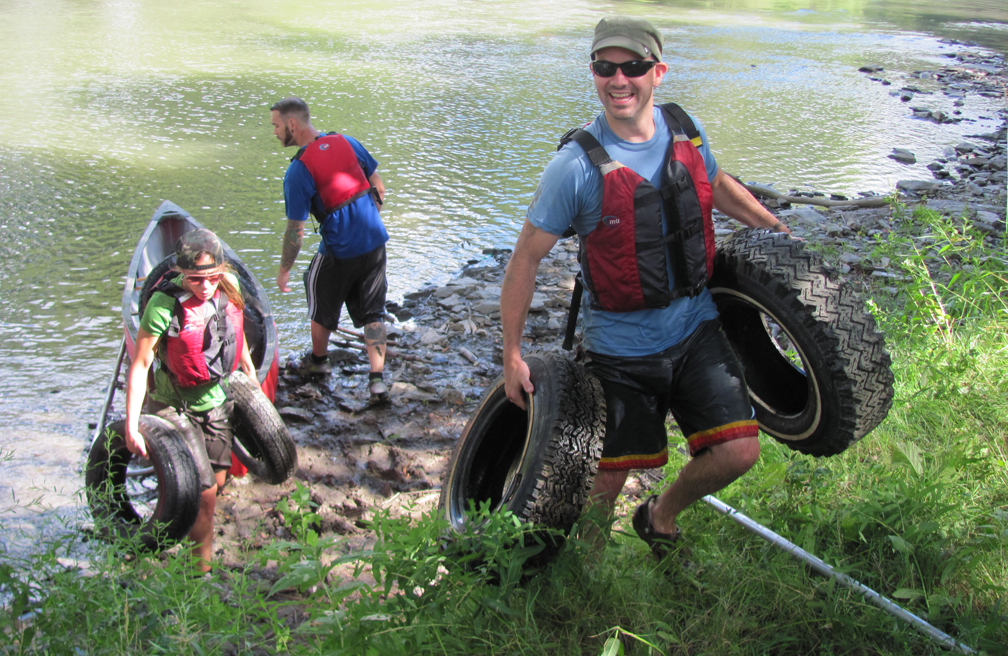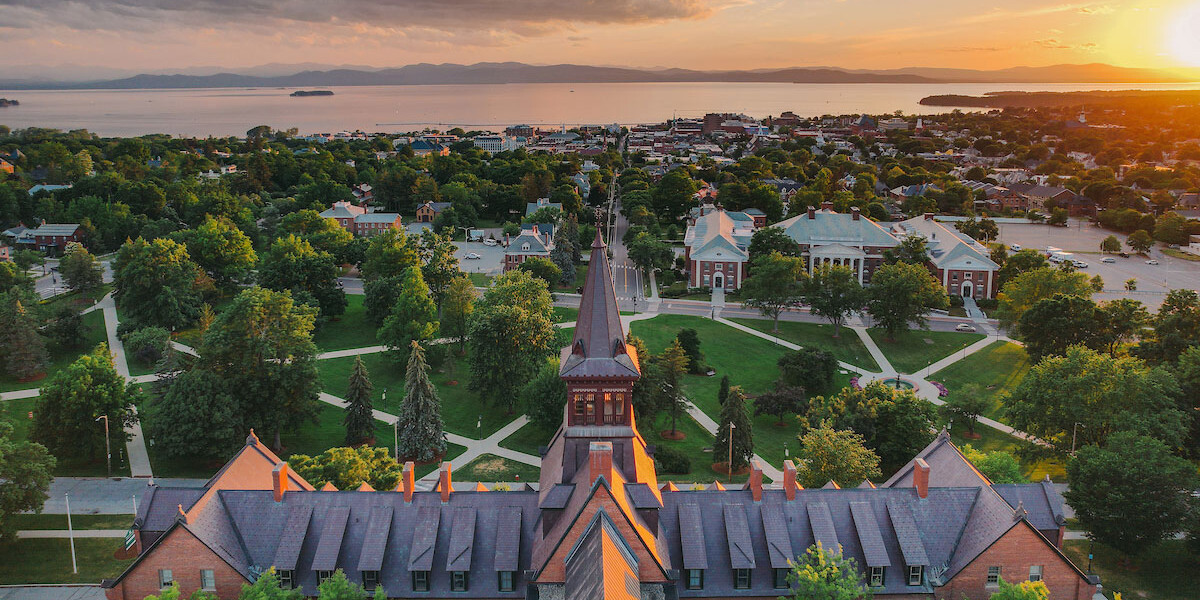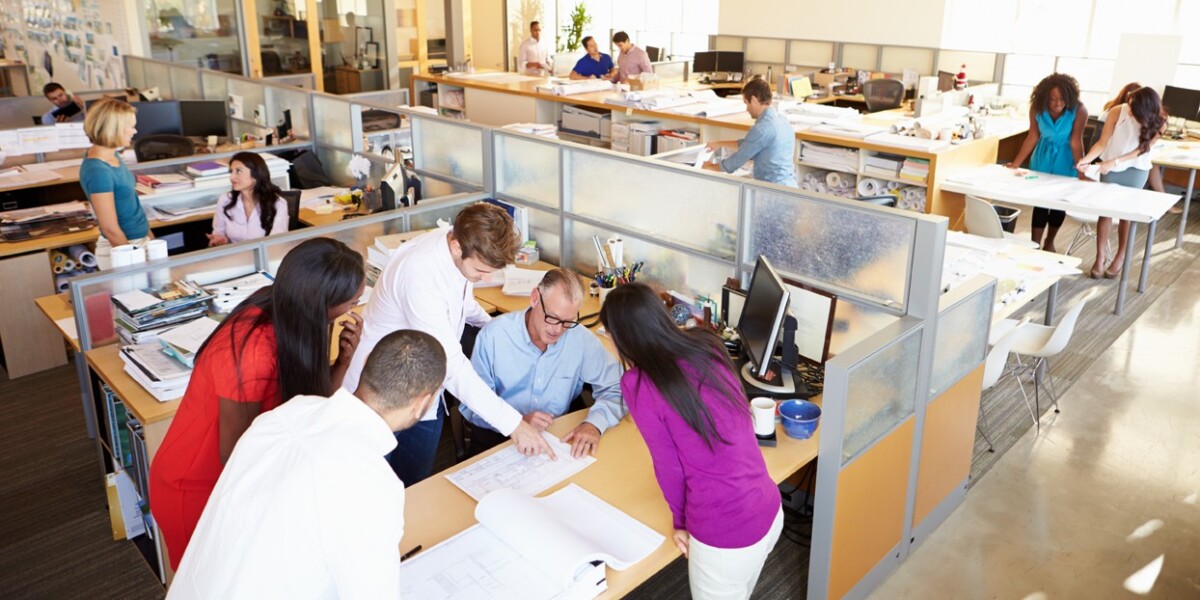By Erica Houskeeper
Green Mountain Coffee Roasters. Seventh Generation. Ben & Jerry’s. Renewable NRG Systems. Gardener’s Supply. Cabot Cheese. In Vermont, there is no shortage of thriving, local companies committed to sustainability.
But what exactly is sustainability? Its core principles are profit, people, and planet. The term, first widely introduced by the Sierra Club in the 1970s, has evolved into a popular, often fashionable buzz word in the business world. But here in Vermont, local businesses whose foundations were built on the principles of sustainability are deeply committed to community, the environment, and the future.
“Sustainability is not new. If you define sustainability as building a business to last a long period of time, for generations to come, then the concept of sustainability has been around for a long time,” says UVM Professor William Cats-Baril, Ph.D., director of UVM’s newly launched Sustainable Entrepreneurship MBA (SEMBA) program and a faculty member for the UVM Professional Certificate in Sustainable Business Practices program. “One can argue that in the business world, a majority of entrepreneurs and managers want to create and grow an enterprise that will last. Indeed, ‘Built to Last’ was the title of a popular best seller a decade ago. What I believe is new about the term sustainability today is a concern with more than maximizing wealth for your stockholders. It’s a concern about doing good while doing well; a concern for your employees, customers, suppliers, and community. Ben and Jerry’s has called it ‘linked prosperity.’ I like that term.”
A Local Commitment
While it’s difficult to measure how Vermont ranks nationally in terms of sustainable businesses, it’s clear that Vermont has an active and passionate sustainable business community.
In fact, Vermont has the largest state-based business association organized around the principles of social responsibility and sustainability. The Vermont Business for Social Responsibility (VBSR) includes 1,000 members and was one of the first sustainable business networks in the country when it was founded 24 years ago.
“VBSR’s founders were among the key forefathers/foremothers of what I’ll call modern day corporate social responsibility and sustainability,” says Scott Buckingham, communications and development manager for VSBR. “Those folks included Ben Cohen and Jerry Greenfield of Ben & Jerry’s, Jeffrey Hollender and Alan Newman of Seventh Generation, Will Raap of Gardener’s Supply Co., Kevin Harper of Autumn Harp, and other forward-thinking Vermont entrepreneurs and thought leaders who saw the need for business to wield its considerable power – and manage its collective impact – in a more socially and environmentally responsive manner.”
The concept of sustainability has been around for centuries. Forward-thinking farmers, fishermen and loggers have long known that their livelihood relies on a renewable resource, and they need to protect and cultivate that resource responsibly. With Vermont’s deep agricultural roots and long-standing commitment to the environment, it makes sense why business and sustainability go hand-in-hand in the Green Mountain State.
“With Vermont companies like Ben & Jerry’s, Seventh Generation and others so prominent in the space and active in the state, the triple bottom line values they advanced – people, profit, planet – resonated deeply with the people, communities, and business sector in Vermont,” Buckingham said. “Today, it’s as if these values have been woven in to the cultural fabric of our state.”
Looking Ahead
Of course, to remain a viable enterprise, a business must provide employment, be profitable, contribute, and address ecological, environmental, social concerns. While the sustainable business market may seem ubiquitous in Vermont, Cats-Baril says it’s the future of sustainability where many opportunities for new innovations exist.
First, there’s the upscale market where consumers are paying a premium for eco-friendly products – from dishwashing detergents to cosmetics to cars. Cats-Baril explains a need to move away from that premium market – a market where people pay more for sustainable products – and focus on the population that has the largest impact on the planet. A population that has little money but that is growing very fast.
“Of the almost 7 billion people on the planet today, 4.5 billion people make less than $6 per day. The newspaper headlines announcing new billionaires notwithstanding, the markets of well-to-do consumers is growing painfully slowly. The growth is in that base of the wealth pyramid,” says Cats-Baril. “This very large population is having and will have a huge impact on the quality of our environment. When we think about business sustainability these are the markets we need to think about, and that’s the opportunity businesses need to embrace.”
Cats-Baril offers an example of health care diagnostic tools on mobile devices that help people in remote areas and developing countries receive medical checkups and preventative care – from blood pressure screenings to sonograms.
“Why expect those countries to go through the same technological processes we did – for example, advancing over decades from fixed telephone landlines to cell phones to mobile applications? We need to co-create with them technologies and processes to help them leap-frog the environmentally-destructive industrial century that the developed economies of today went through. To do this, we have to understand that it’s not about adapting a product that already exists, it’s about changing the way we think in developing a product,” Cats-Baril says. “What products and services are needed in this new reality? When you talk about the future, that’s where we need to go with sustainability.”
The University of Vermont offers a Sustainable Entrepreneurship MBA (SEMBA) program and a UVM Professional Certificate in Sustainable Business Practices.




